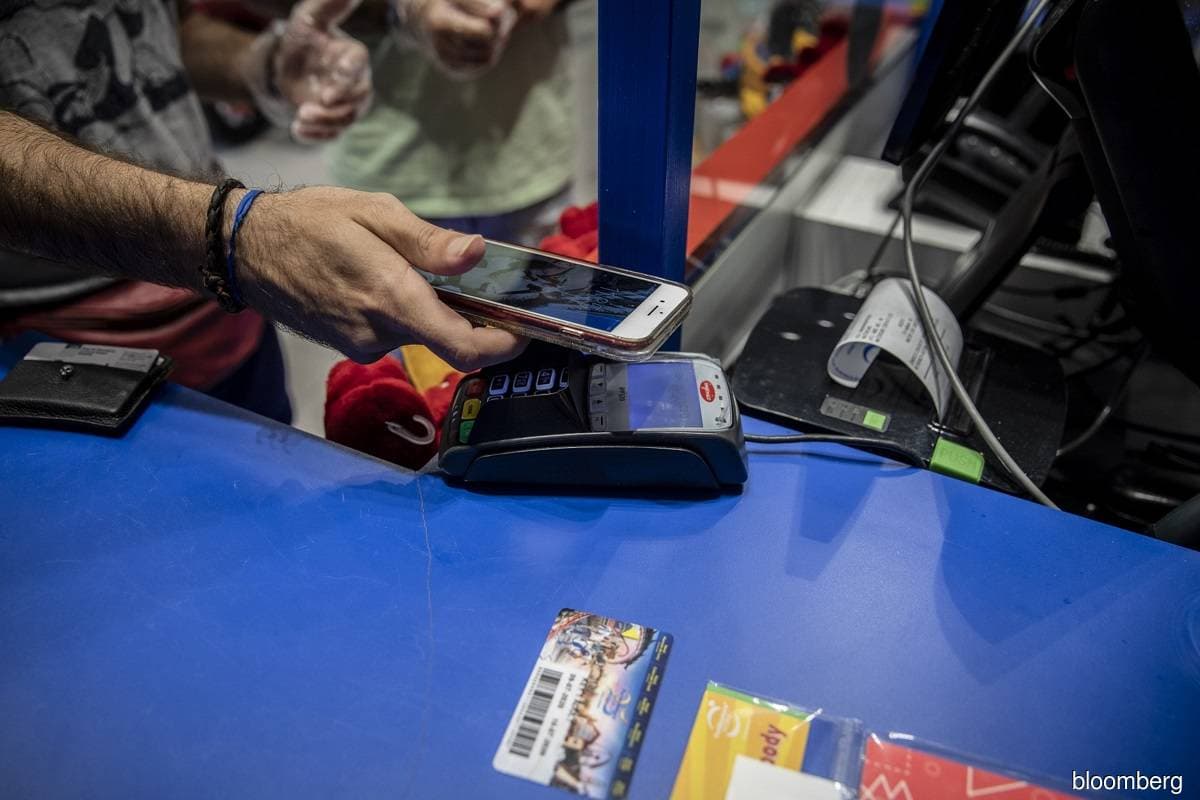
KUALA LUMPUR (Aug 25): Mobile payments and digital wallets were the most widely adopted piece of fintech in Malaysia in the past 12 months, with 63% of businesses surveyed by CPA Australia indicating usage.
This comes as over 75% of Malaysian businesses have embraced at least one fintech product or service over the past 12 months, according to findings from a new regional survey of business fintech usage conducted by the global professional accounting organisation.
It expects this trend to likely continue in the next 12 months.
"The increased popularity of mobile payments and digital wallets goes hand in glove with the government's efforts to increase the use of e-wallets amongst the B40 and M40 through cash transfer programmes, as part of its transition to a high-value-added, high-income economy," said Bryan Chung FCPA (Aust), chairman of the Digital Transformation Committee at CPA Australia Malaysia Division.
CPA Australia observed that fintech adoption in Malaysia has been driven by the need to increase business efficiency overall, with more than five in 10 respondents identifying this as an important benefit in using fintech.
Meanwhile, four in 10 businesses adopted fintech as a means to adapt to the changes posed by the Covid-19 pandemic, whereas just over a third saw the use of these products and services as a way to reduce costs.
Of concern though, CPA Australia noted, is that one in four businesses surveyed were not expecting to use fintech in the next 12 months, with the majority of these being businesses with 50 or fewer employees.
Survey respondents were most concerned about cybersecurity and data privacy.
Fintech firms need to address these concerns if they are to see greater adoption of their products or services, CPA Australia said.
"Greater consideration also needs to be given to increasing technology expertise at the board and senior management level to ensure better understanding of risks and benefits of fintech. Including fintech in the terms of reference of a board-level committee should help the highest levels of companies stay informed of new trends in this type of technology," Chung said.
Survey results showed that there was an increase of 13.9% in the number of businesses in Malaysia using fintech lending, compared with Singapore's 8.2%.
As at December 2019, the Securities Commission Malaysia reported that RM633 million in peer-to-peer lending was raised through 8,102 successful campaigns.
"Start-ups, like other businesses, have been hard hit by Covid-19. As such, alternative financing platforms are critical to their survival and growth as their limited track records would likely render them ineligible to meet bank lending criteria," said Chung.
The survey was conducted by CPA Australia from June 23 to July 14, 2020. The responses were received from accounting and finance professionals in Hong Kong, Mainland China, Malaysia, and Singapore.
Edited by Lam Jian Wyn
